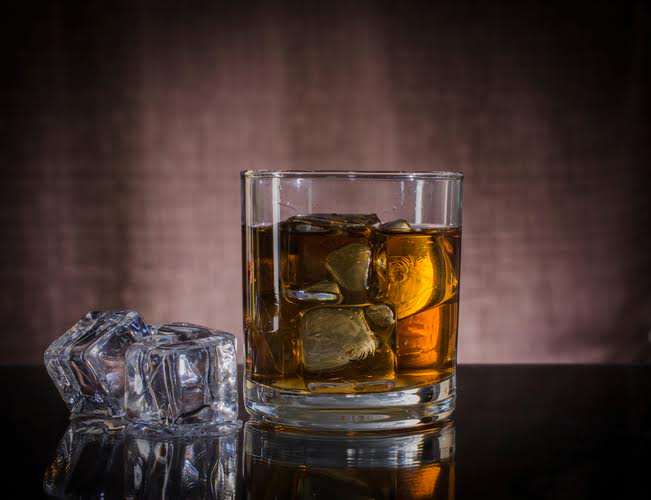- On Friday December 20th, 2019
- In Sober living
- Tags
Blood thinners and alcohol: Safety, effects, and more
Content
This isn’t usually a major concern unless they’re extensive or the discoloration seems extreme. Get immediate emergency medical care to stop massive bleeding. Medical staff can also help resuscitate anyone who’s experienced extreme blood loss. Alcohol should be limited while using Effient, especially among older adults. Some alcohol use may still be permissible; however, consultation with a doctor is essential to determine the risks for specific situations. Scientists have developed a synthetic blood-thinner that, unlike all others, doesn’t cause bleeding side-effects.
Eliquis and interactions: Supplements, alcohol, and more – Medical News Today
Eliquis and interactions: Supplements, alcohol, and more.
Posted: Wed, 29 Jun 2022 20:53:18 GMT [source]
Reviewer specialties include internal medicine, gastroenterology, oncology, orthopedic surgery and psychiatry. Drugwatch partners with Physicians’ Review Network Inc. to enlist specialists. PRN is a nationally recognized leader in providing independent medical reviews.
Your medication, $49 per month
Alcohol can thin blood and interact with blood thinners like warfarin, so the safest option is to limit or avoid alcohol altogether when taking anticoagulant medications. If it’s busy working on the alcohol instead of your blood thinner, the level of the drug in your blood will go up and raise your bleeding risk. A 2013 study of almost 60,000 people found no difference in the risk of blood clots between wine or beer drinkers. The length of time that blood thinners continue to affect your blood depends on many different factors. These factors can include the type of blood thinner used, the dosages you are using, your overall health, your diet and your genetics. Depending on the blood thinner, the effects can last for hours or even days.
How much alcohol can you drink on blood thinners?
If you do drink alcohol while on blood thinners, do so in moderation. That means one drink a day for women and men age 65 and older. For men under age 65, up to two drinks a day is considered moderate.
The administration of this medication is usually a one-time management plan. Drugwatch.com doesn’t believe in selling customer information. However, as required by the new California Consumer Privacy Act , you may record your preference to view or remove your personal information by completing the form below.
Related Health Topics
Simultaneous blood thinners and alcohol use can cause internal bleeding in heavy or regular drinkers due to their synergistic effects. People taking anticoagulants should reduce ethanol consumption for the sake of their health or contact a rehabilitation center in case of an addiction to ethanol. They should also be on the lookout for signs of internal bleeding. Alcoholics with anticoagulant prescriptions should actively seek help in rehab institutions. Professional medical treatment will help to reduce their risk of developing severe health complications. Alcohol can thin the blood and interact with blood thinners like warfarin, in addition to decreasing blood flow.

Talk to your doctor about possible risks and take medications exactly as prescribed. The study sample consisted blood thinners and alcohol of 570 adult patients continuously enrolled in Group Heath for at least 2 years and receiving warfarin.
